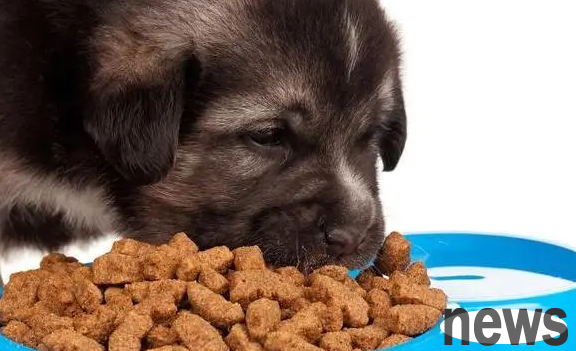Choosing to feed your dog can be an overwhelming decision. Pet feed shops are filled with rows of food categories of different well-known brands. These food categories have appropriate marketing slogans to make you believe that they are the best for your dog. Many dog foods boast about carrying extremely high-quality protein, claiming that they can meet the instinctive response requirements of puppies to meat, and make them healthier and have a longer service life.
Are dogs carnivorous?
The marketing schemes of some pet feed companies have caused a widespread misunderstanding in small pet owners’ homes that dogs are responsible for carnivores and must be a meat-led diet. This is not true. Dogs are omnivorous animals like humans and do the best in dogs. Balanced diet protein, sugar and body fat. For dogs, excessive protein intake is unnecessary, and in fact it is harmful for some dogs with illness.

Protein is a component of the body and is a must-have for daily functions. Little do they know that when a dog consumes too much protein in a meal, it is unlikely that all of it will be utilized at once and cannot be stored later. The body then excretes unnecessary proteins based on kidney function and urine. Therefore, the quality of protein is actually becoming more and more critical. As a high-quality protein, it can be used by microorganisms more than the specific total number and can be digested and absorbed by the body more effectively.
Another problem is that the meat that comes from protein in this diet contains other nutrients that you don’t want to think about. For example, when the diet is dominated by meat foods, it is difficult to maintain a moderate proportion of calcium and phosphorus. When this proportion is dysregulated, it is very likely that bone growth and development will be terminated or renal hazards will occur. The secret recipe is excellent dog food with moderate balance of protein, body fat and sugar to avoid this kind of situation.
Protein is a nutrient element of high-calorie foods. Many high-protein foods have extremely high calorie components and can quickly increase weight. More than 50% of dogs abroad are considered too heavy or obese, and dog owners must understand where this additional calories are hidden. If a dog has kidney function or liver problems, consuming too much protein will increase the labor of this human organ, destroy the balance of nutrients, and cause malignant changes in the disease.

Rather than looking for dog food with too much protein, it is not as good as finding a food that suits your dog's lifestyle, life links and body shape. For example, a working sled dog has a very different nutritional content and calorie requirements than ordinary pet dogs. Ordinary pet dogs go out for a few walks a day, and wander around in other times without any effort. These two dogs should not eat the same ingredients.
Meanwhile, puppies need a lot of protein than adult dogs, as their bodies are busy growing and developing. Different types of puppies also have different regulations on nutritional content. For example, a large-type puppy like the Golden Retriever Collie must have different ingredients from the Yorkie to achieve the best growth and development. Feeding large species of young dogs with too high protein content is likely to make them gain weight too quickly, causing abnormal bone and joint growth and development, making them more susceptible to problems such as rheumatism in the future.
The safest diet is developed by pet feed companies, which invest in scientific research, consult pet doctor nutrition experts, and carry out breeding experiments to develop their diet. This will give a pet the ingredients, which are moderately balanced, without all unnecessary nutrients, is unnecessary, and in some cases, it is harmful to your dog.